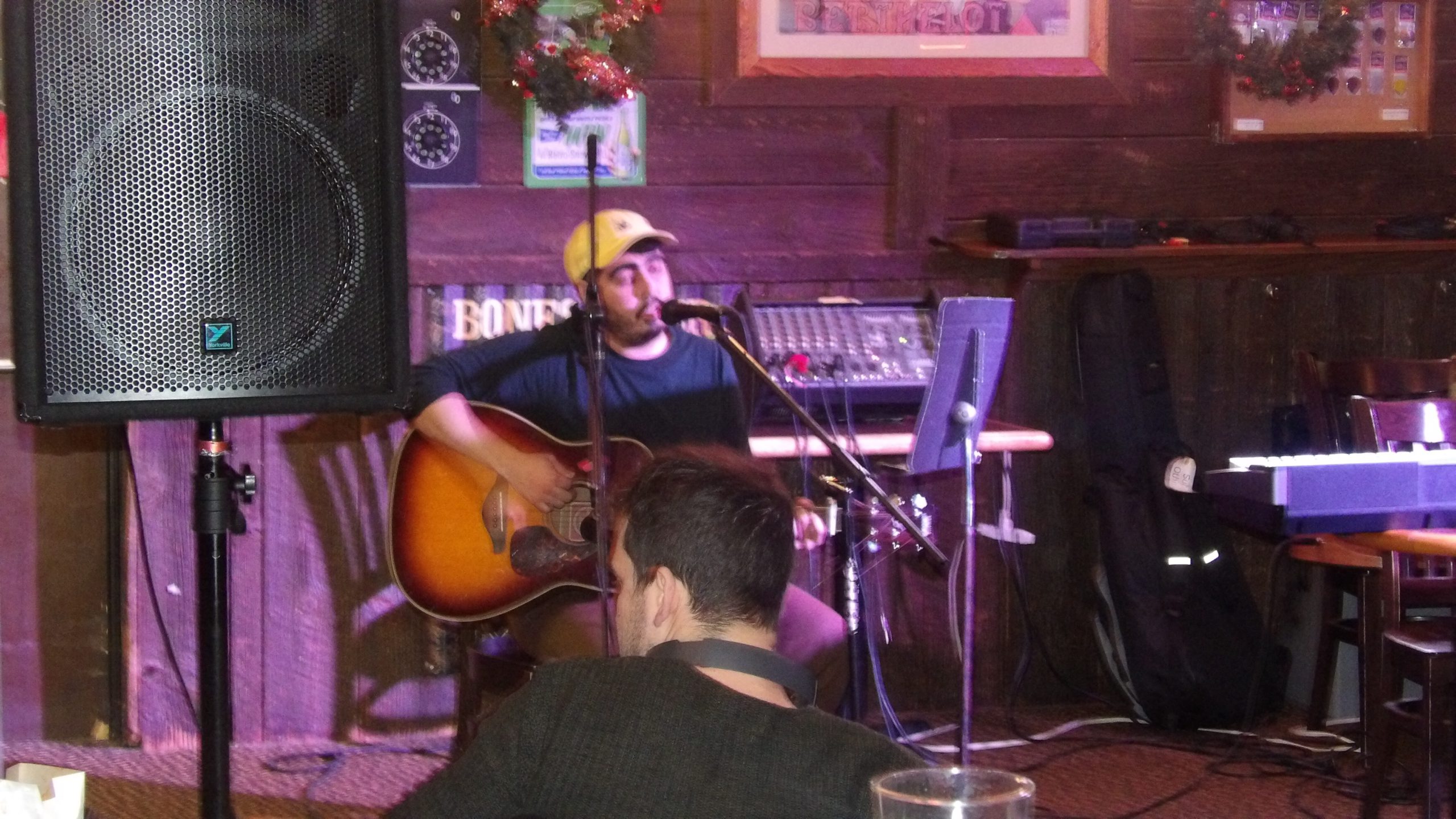More than a year since the first lockdowns took hold across the world, live music seems to be but a distant memory. The pandemic has forced many live music establishments to close, and many artists have struggled to make ends meet as a result.
Ringo Deathstarr, an alternative rock band from Austin, Texas, had released their fifth studio album in March of last year. The pandemic threw a wrench in their plans to promote the album, with the initial confusion of the pandemic being followed by concerts being cancelled all across the board, as described by frontman Elliott Frazier.
“Before the lockdowns became official, people were cancelling certain events but not trying to cancel other stuff. Afterwards, almost everything from basketball games to South by Southwest started getting cancelled. We felt like we should preemptively cancel everything because we really couldn’t tell what was going on.”
Other than a few studio sessions throughout the year, the band was not able to perform together due to the restrictions on live music. However, on March 27, Ringo Deathstarr was able to perform at their first gig in more than a year with the Dead Coats thanks to the gradual reopening of live venues across the U.S.
“It was a good show, even though it wasn’t our crowd since tickets were more expensive because of the limited seating,” says drummer Daniel Coborn. Frazier adds that it was a bit unusual since people had to be seated and couldn’t switch seats.
Though many concerts and large-scale festivals such as Coachella and the Pitchfork Music Festival have either been cancelled or postponed to 2022, artists have become more hopeful for the future of live music due to the availability of the vaccine.
Frazier and Coborn, having recently been vaccinated, said that they are eager to get back on stage as soon as possible, though they acknowledge it might take some getting used to initially.
“It’d be better if the show is outdoors. It would be kind of weird being indoors in a tiny space,” says Frazier. “There’s just a lot of weird stuff about being indoors and not having your mask on; there’s something about it that feels a little off or scary.”
“I don’t feel particularly scared anymore. At least in Austin, a big group of people are pretty much over the whole thing. I think it’ll accelerate pretty soon to be almost back to normal,” Coborn hypothesizes.
In Canada, the live music scene seems to be progressing in the same direction, though a greater sense of uncertainty looms due to the precarious COVID-19 situation.
Ian Pedley, manager of The Absinthe Pub at York which is the centre of live music on campus, says he feels cautiously optimistic about the future of the venue, though he also adds it is too early to paint a full picture of the situation.
The Absinthe has been struggling to stay afloat since its closure in March of last year, attempting to avoid the fate of other Toronto venues such as The Mod Club. “We have investigated every conceivable way to keep the business solvent and open for business this fall,” he says.
Pedley says that there are still things to consider such as the capacity of the pub and whether or not York will be pushing through with in-person activities on campus, stating that the pub will be “taking the lead from what Toronto is doing in the ‘new normal.’”
He also acknowledges the importance of the pub to the York community.
“Our band nights, acoustic nights, karaoke, and drag races have helped bring people together and bring joy to our lives. We all miss it and would jump at the chance not to miss it when it reappears,” Pedley says.




